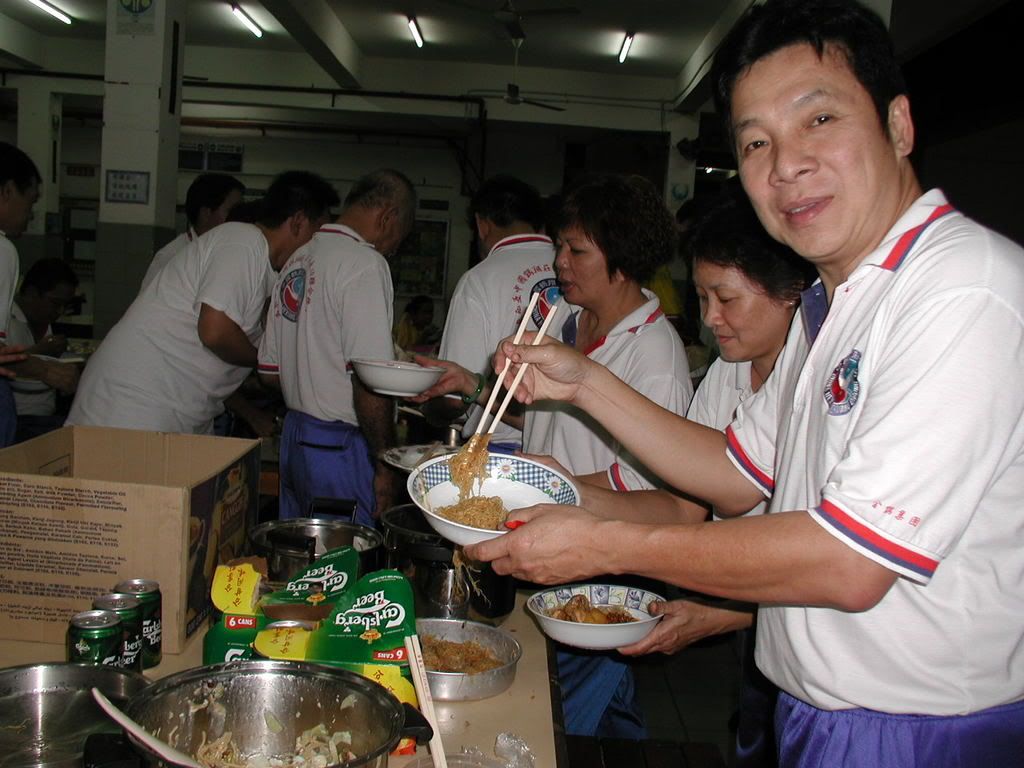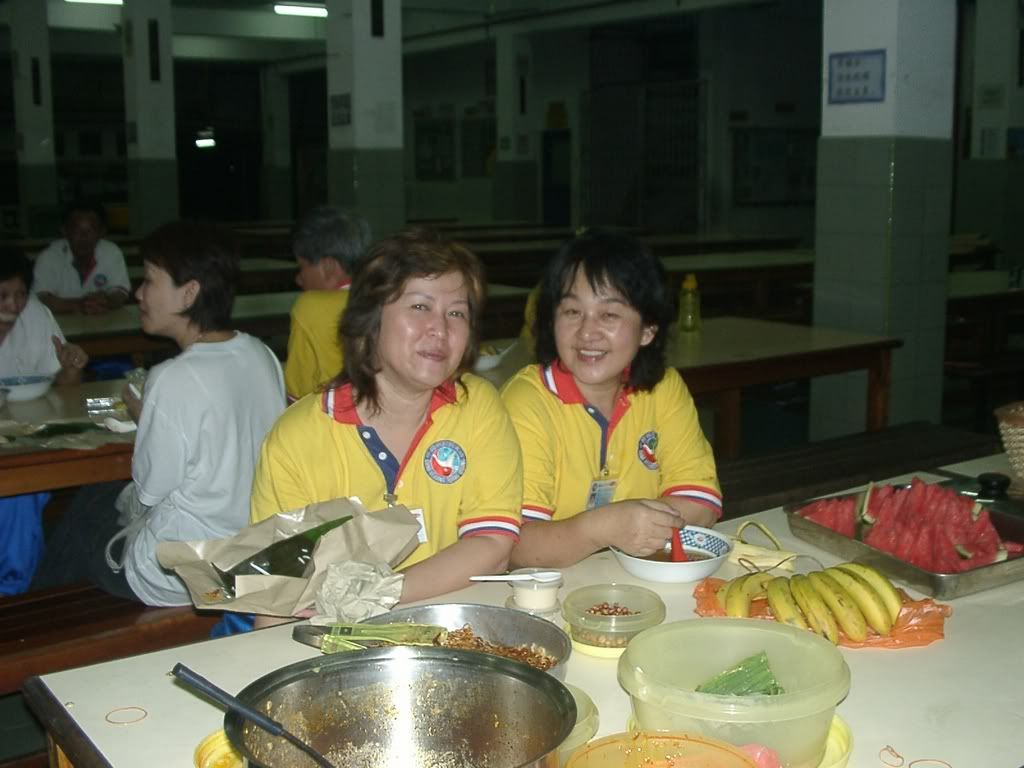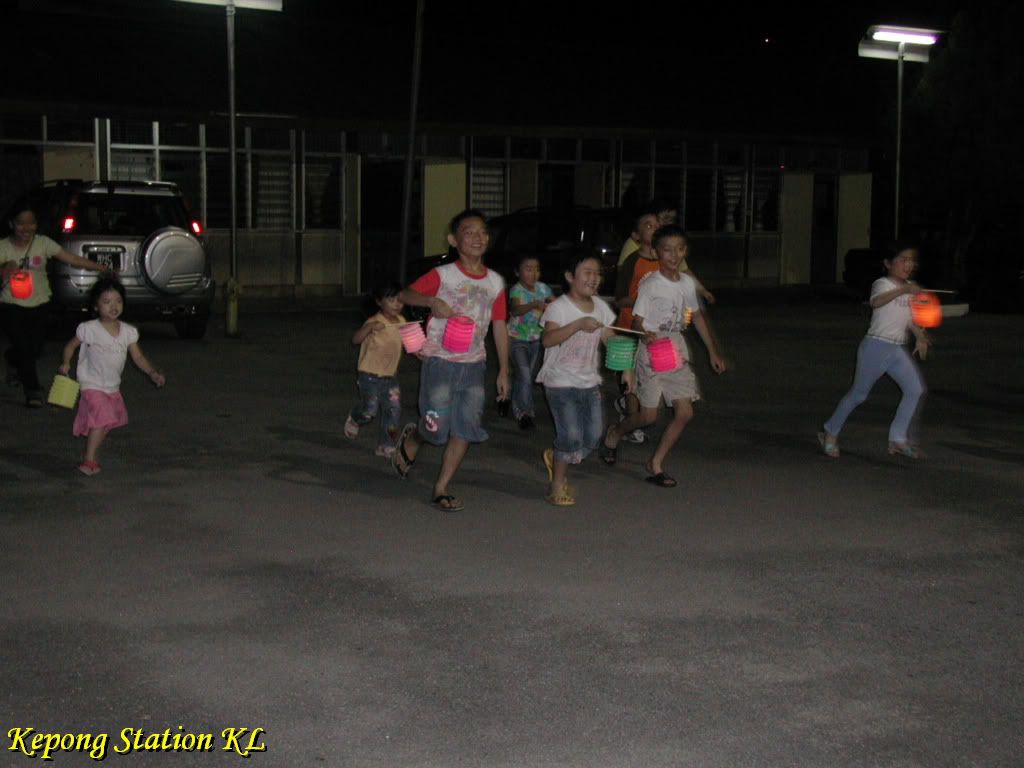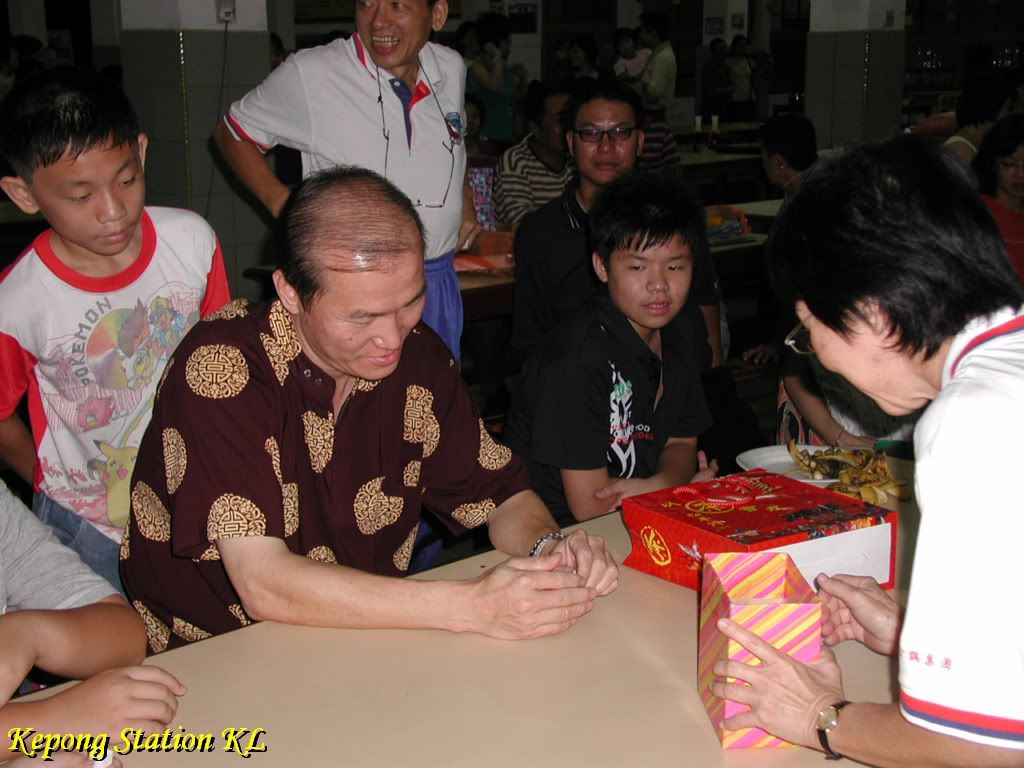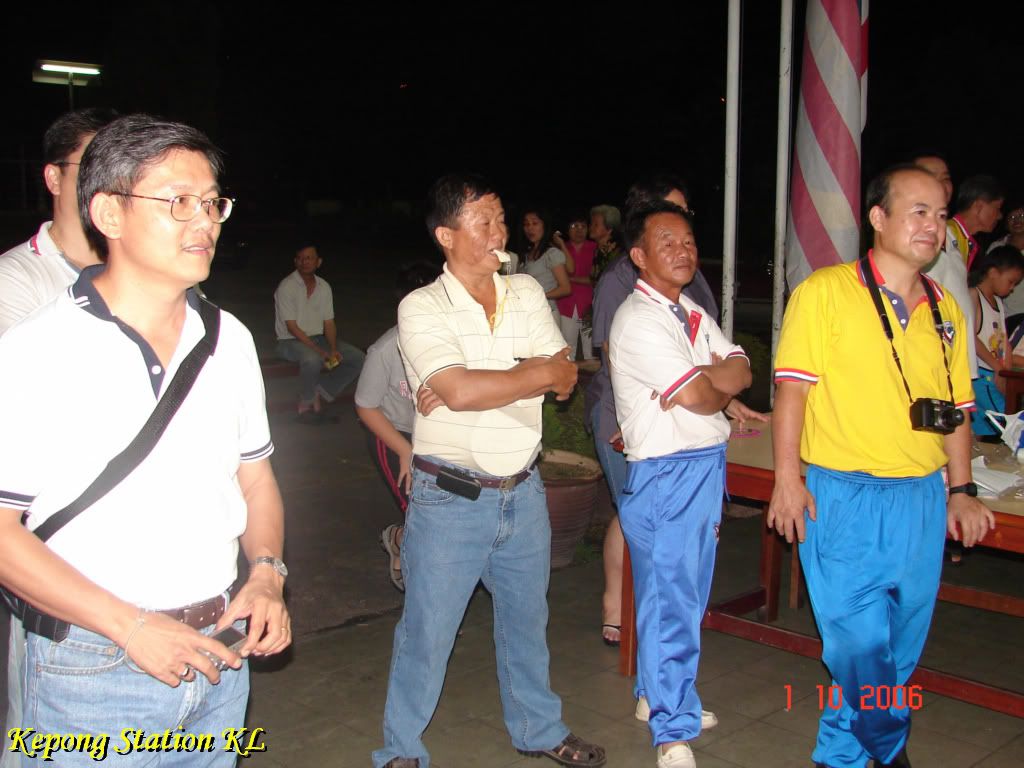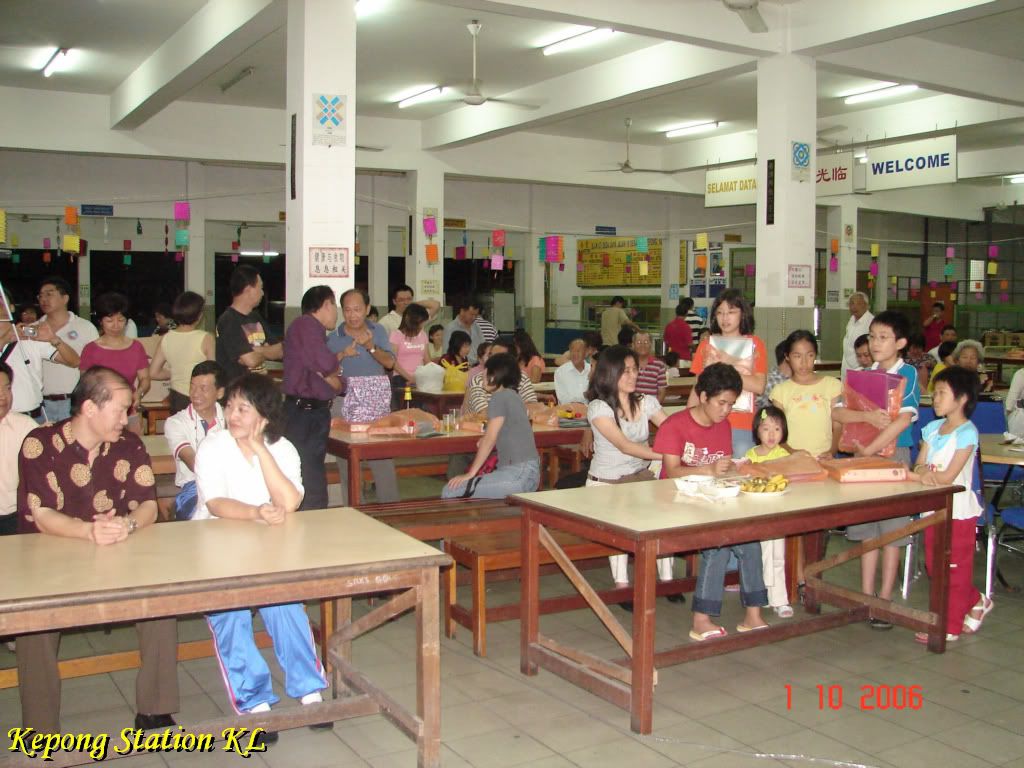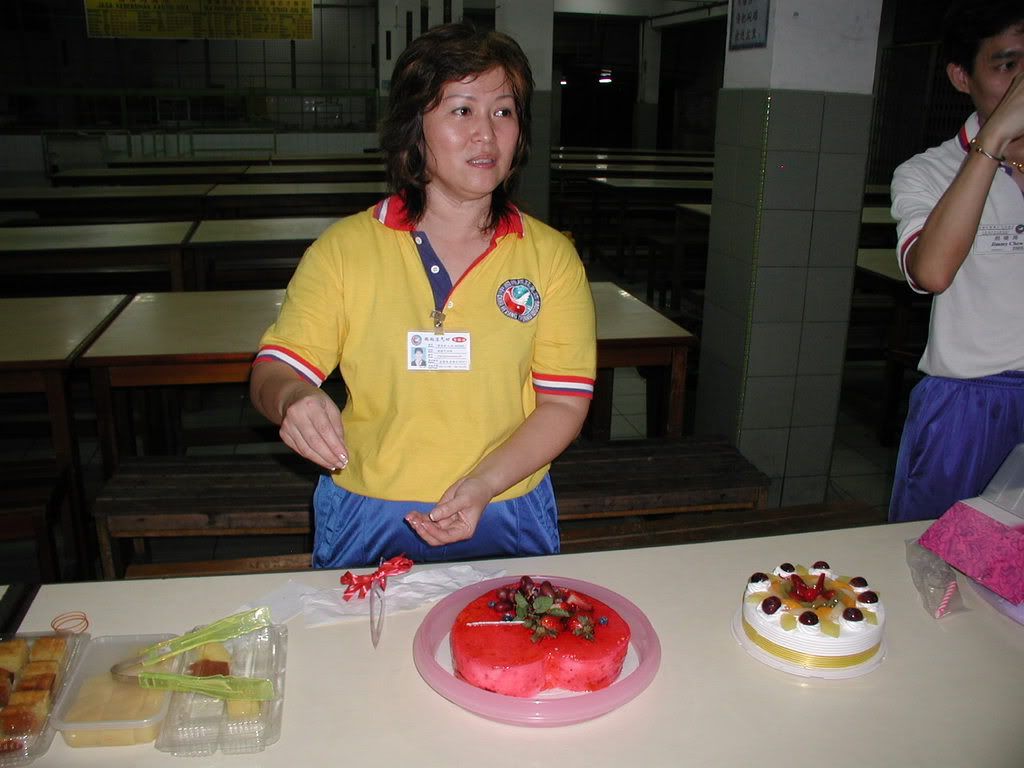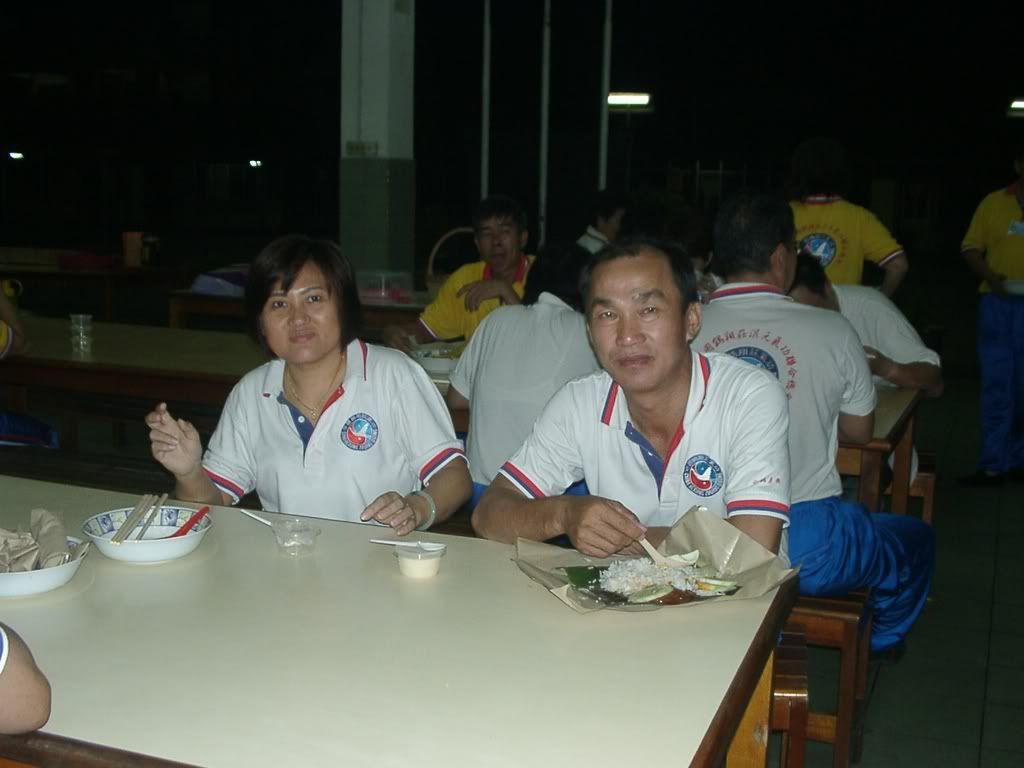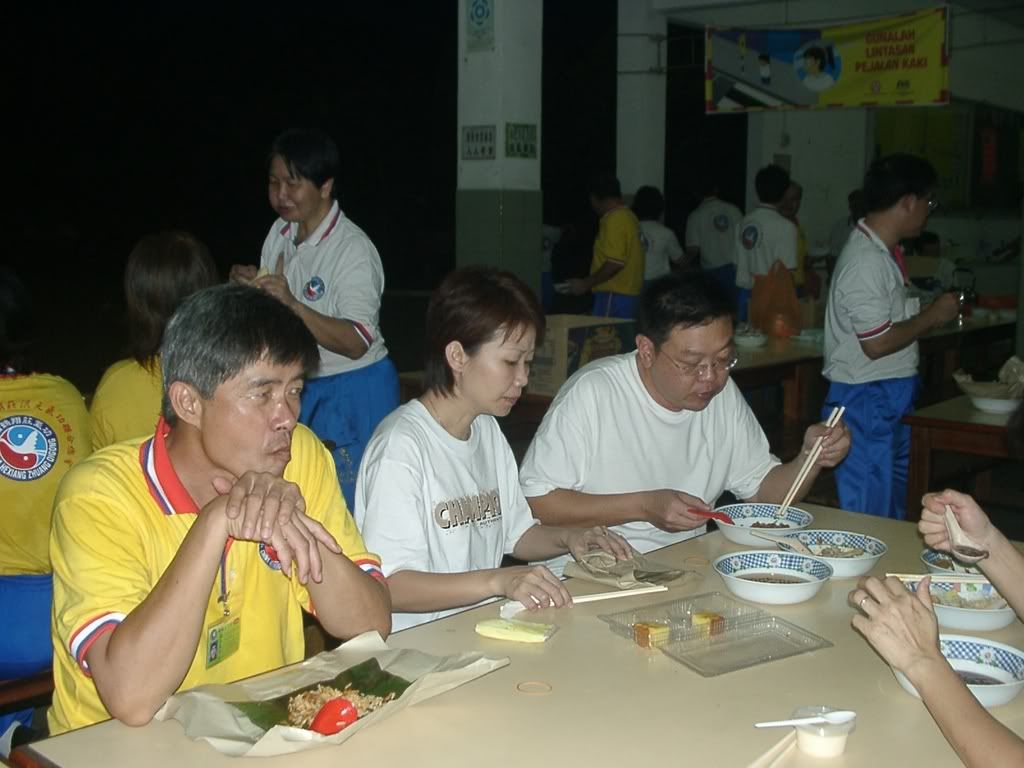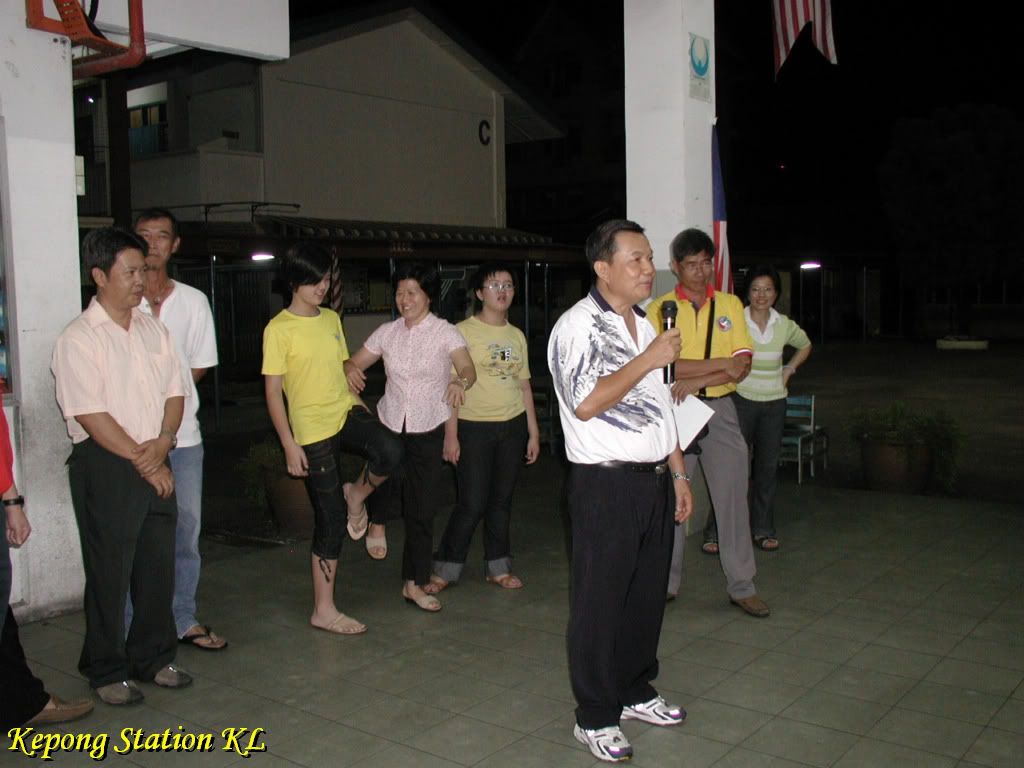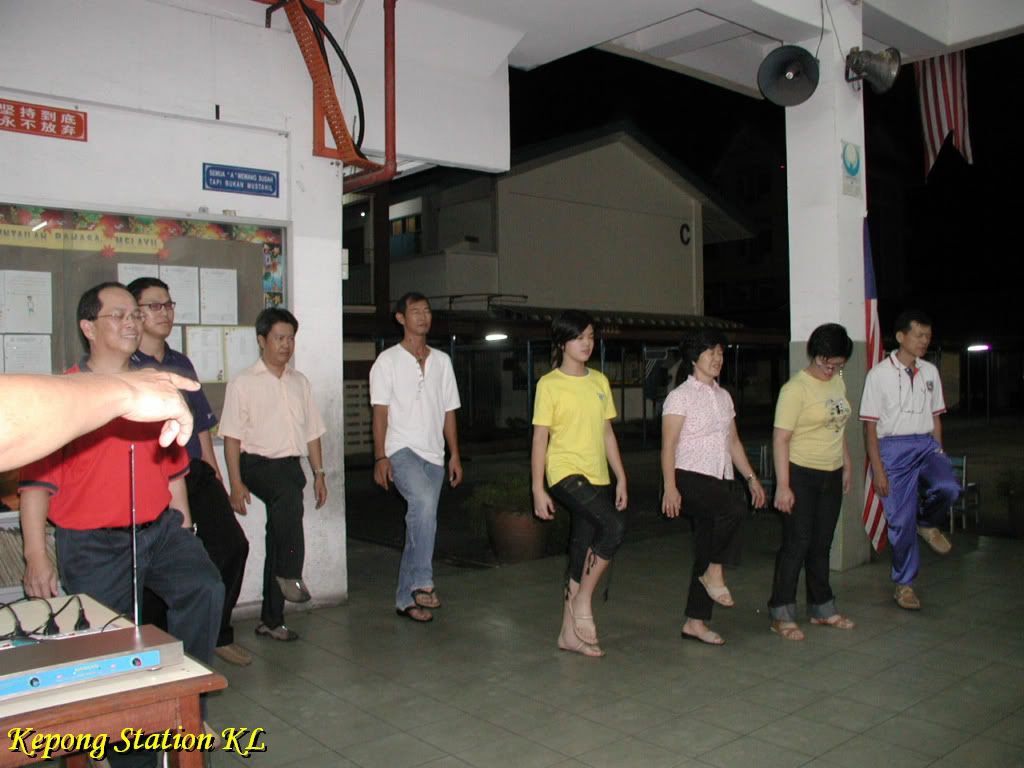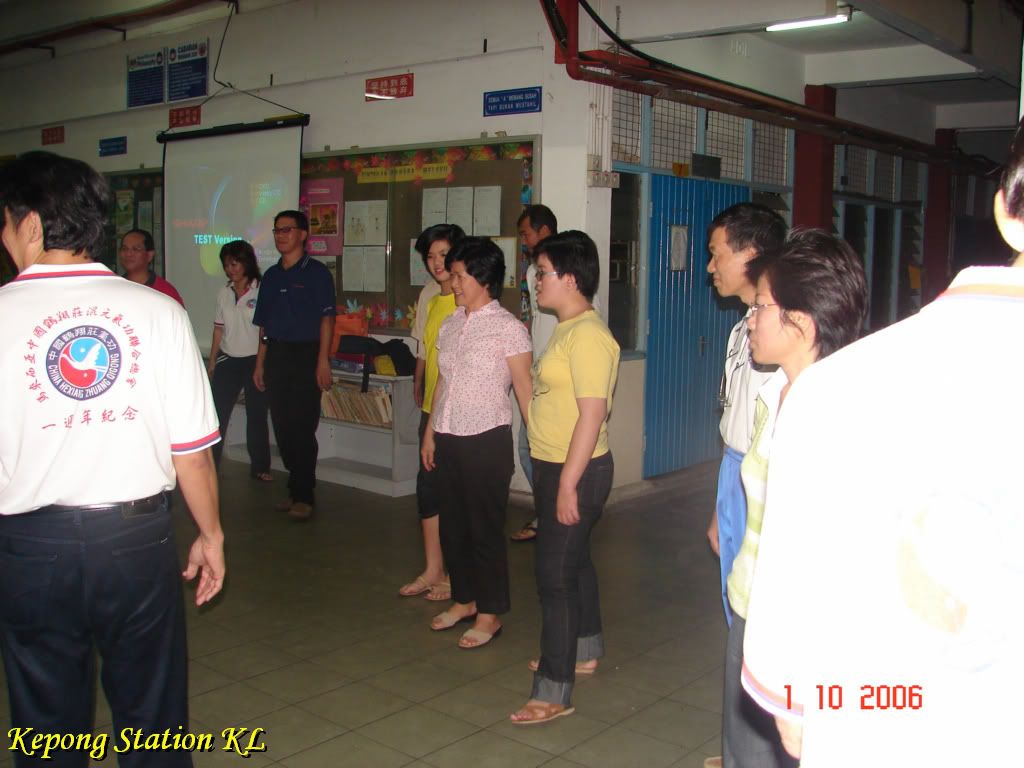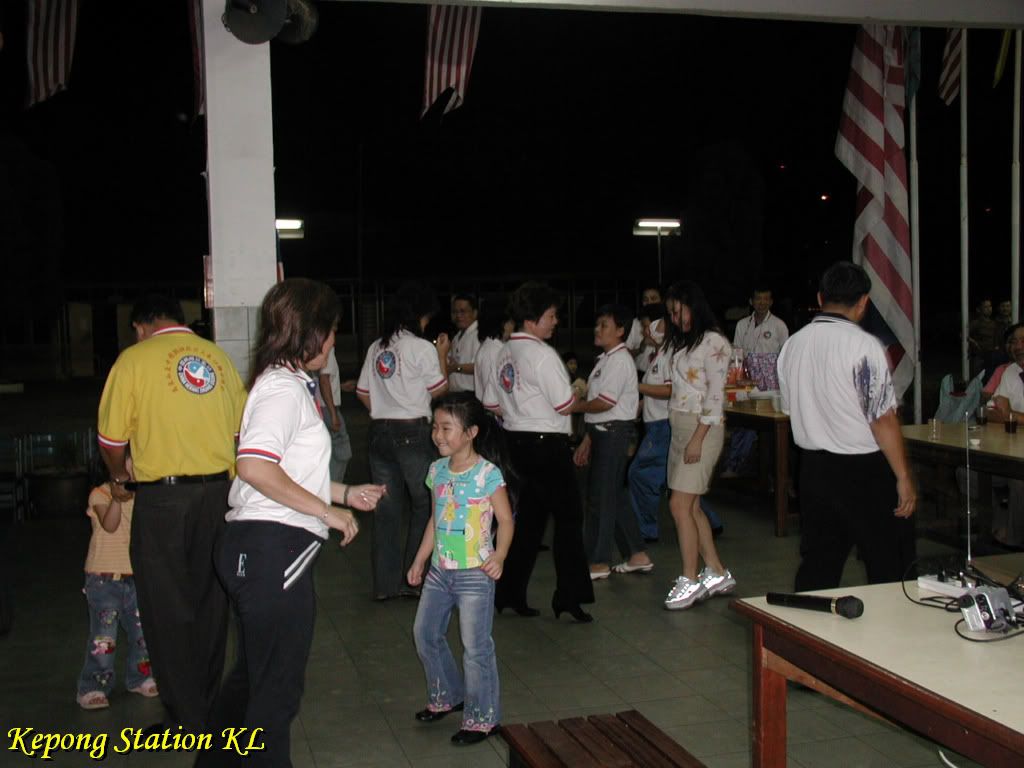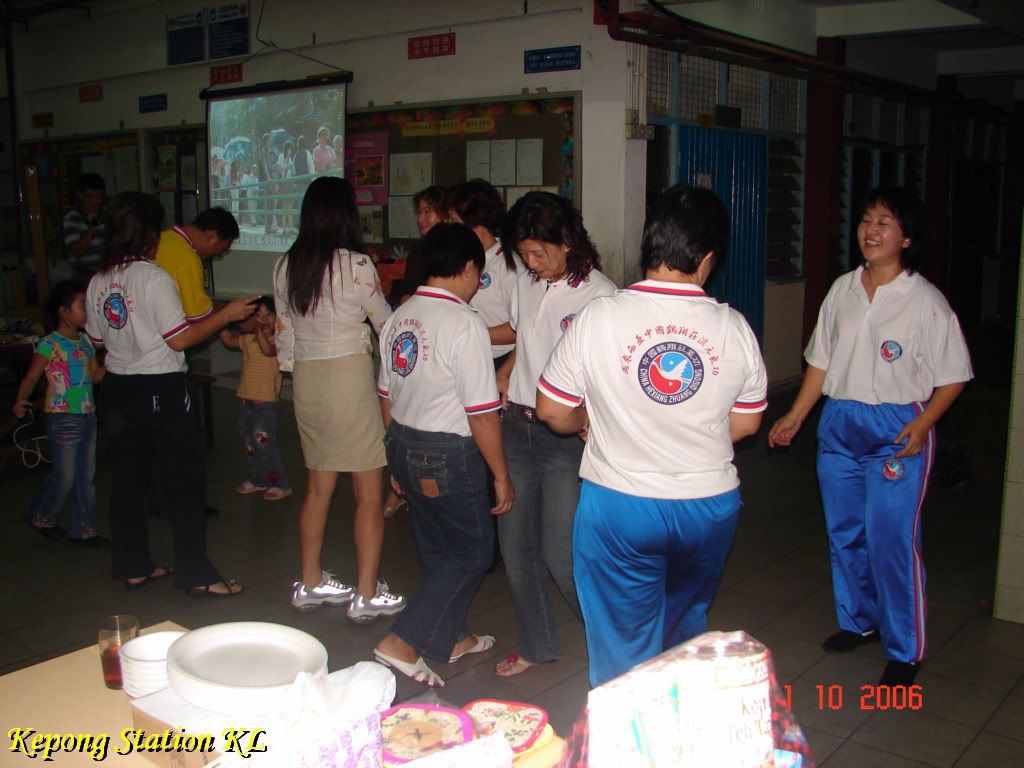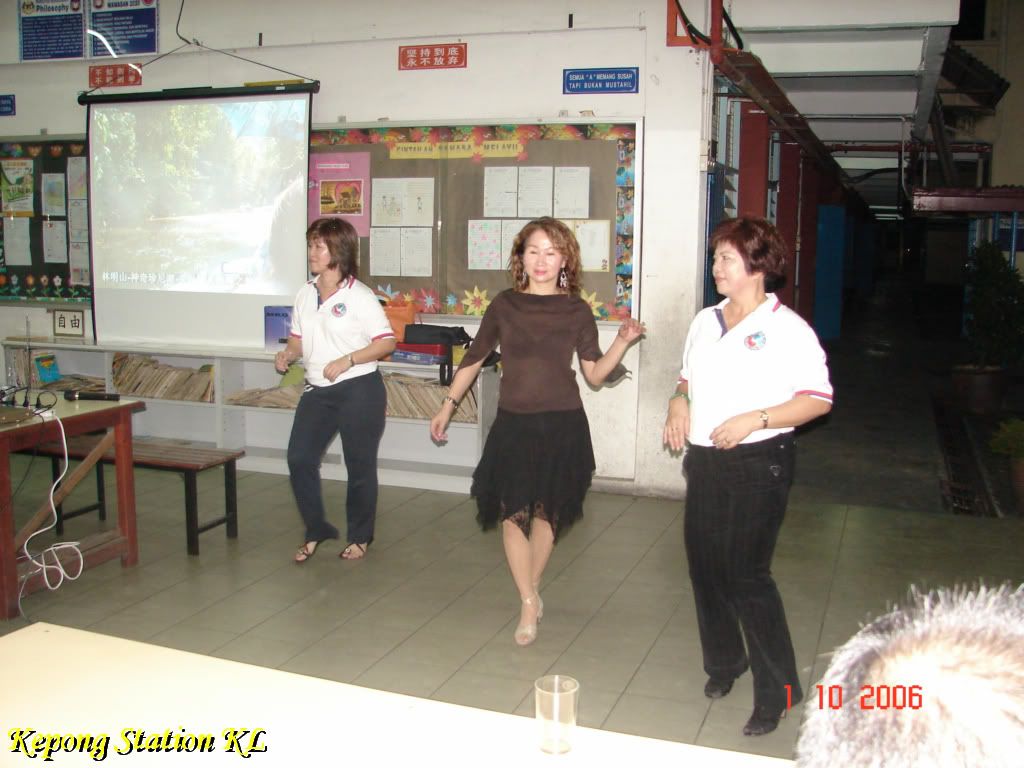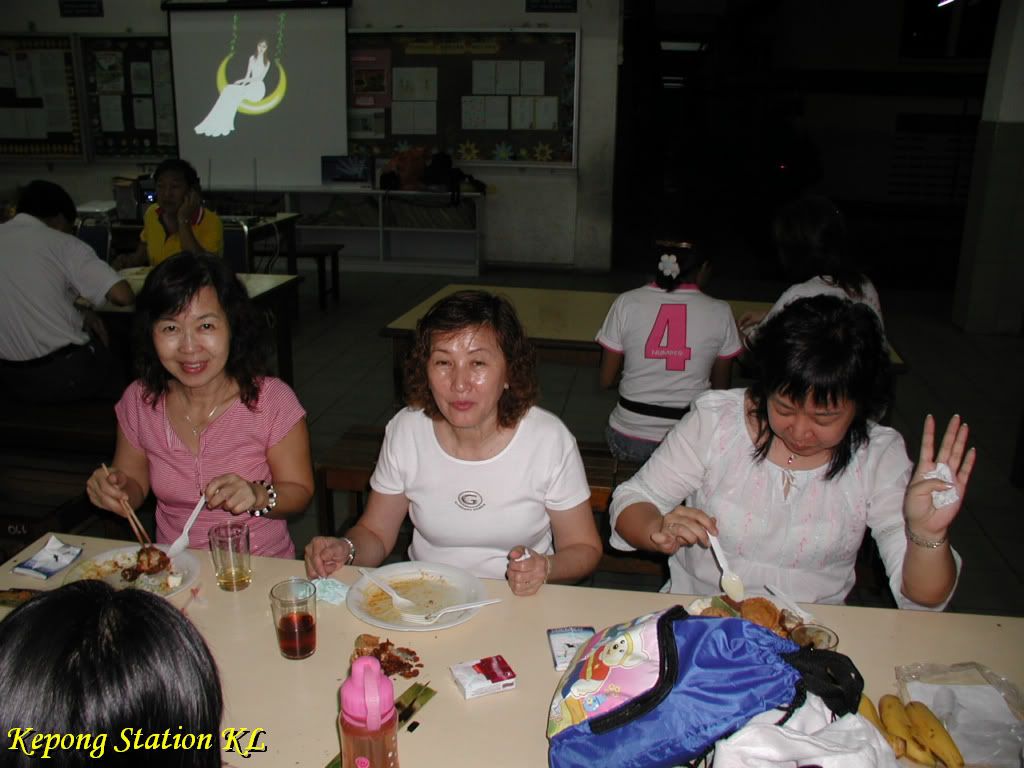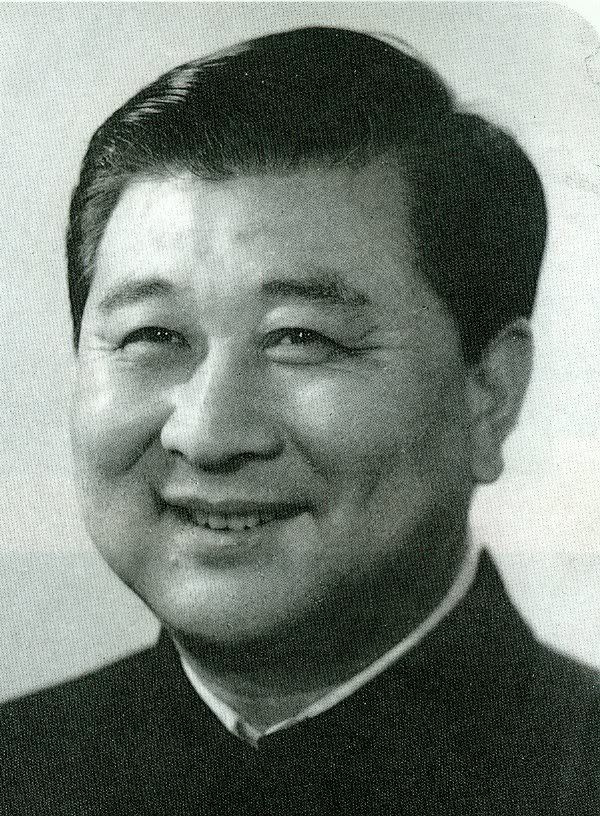What Science Tells Us About Growing Older -- And Staying Healthy By TARA PARKER-POPE Staff Reporter of THE WALL STREET JOURNAL June 20, 2005
Part 2
How Stress Works
To understand why it's so important to learn to manage stress, you have to understand what happens inside your body when you experience stress. The body rapidly mobilizes energy, delivering glucose to your muscles. The heart rate, blood pressure and breathing rate increase so that more oxygen can be delivered more quickly throughout your body. Functions that aren't needed in an emergency -- such as digestion, sex drive and even your immune system -- are eventually suppressed. Meanwhile, stress hormones that help dull pain and sharpen your senses are released. Blood vessels constrict and clotting factors increase to slow bleeding in case you are wounded.
An animal fleeing a predator, a soldier at war or a mother fleeing a burning house with her child all benefit from the fact that the body, under stress, responds by giving your muscles, your heart and your lungs an added boost to help you flee or fight for your life. Ideally, this stress response is turned on for a short time, just long enough to get you out of danger.
The problem is, it doesn't take much to switch on the stress response. Worrying about a job deadline or fighting with your spouse can both trigger it. If you're good at coping with stress, then your stress response will eventually turn off.
But unremitting stress -- in a person who can't shed it -- leaves the stress response in the "on" position. All those changes that protect you in a moment of crisis suddenly turn on you. Now you're just a person with unregulated blood sugar, high blood pressure, blood clots, a depressed sex drive and an immune system buckling under all the strain.
It sounds a lot like getting old.
His name is Li Zhong-Er, 72 years old, from Hubei of China. Before he took up Qigong, he was terribly sick. He was fat, numb on the skin of the right leg and with serious stomach sicknesses. Owing to his fatness, he got slip-disc. He could not sit nor stand, could not eat by himself. He needed to be carried so as to go from one place to another.
Measuring Stress
Though many people consider stress an amorphous psychological concept, its cumulative physiological effect can actually be measured. A complex formula that involves blood pressure, cholesterol, the variability of a person's heart rate and stress-hormone levels (including cortisol, norepinephrine, epinephrine and DHEA-S), as well as a person's waist-to-hip ratio, all add up to something called the "allostatic load." In studies, a high allostatic load was highly predictive of mortality and signaled risk for heart disease, mental decline and other problems.
Unfortunately, there's no way for the average person to get a reading of his or her allostatic load. Scientists at Rockefeller University in New York, which has led research on the concept, have yet to find a corporate sponsor interested in transferring this important research tool so it can be used by patients and their doctors.
But even without a high-tech measurement of our stress burden, most people are well aware of the stress in their lives. We do know that poor, less-educated people tend to have a higher allostatic load than highly educated, wealthy ones. People who are sleep deprived or who don't exercise tend to have higher allostatic loads than those with good sleep and exercise habits. People who have strong social and family relationships tend to have a lower allostatic load than loners.
To get an idea of how workplace stress can have long-term effects on health and aging, consider the Whitehall studies, a series of studies of British civil-service workers while Margaret Thatcher was prime minister and her administration was pushing aggressively to privatize government functions. In one government department, scientists found notable increases in body-mass index, cholesterol, stroke incident and need for sleep among the workers there. The employees with the most authority and power posted the lowest blood-pressure rates, while low-level workers, who lacked power and feared most for their job security under privatization, posted the highest blood-pressure rates.
"If you feel you're in control, you do a lot better than if you lack control," says Rockefeller neuroendocrinologist Bruce McEwen, an expert on allostatic load and author of "The End of Stress as We Know It." He adds: "If you lack control, this leads to being stressed out."
Another study shows that chronic stress increased risk for catching a cold. One Carnegie Mellon University study surveyed 300 volunteers about stress and then injected them with a cold virus. The people who had reported little chronic stress didn't get sick -- their immune systems battled the virus. But volunteers who had reported chronic stress that lasted for a month or longer -- such as unemployment or family crisis -- fell ill.
And in a series of stress studies by German researchers, volunteers were asked to perform the stressful double whammy of public speaking while performing difficult math problems. Investigators took saliva samples each day to measure levels of the stress hormone cortisol.
Initially, the task caused everyone to show signs of stress. But most of the men began to relax by the second day and their stress hormones leveled off as well. But about one-third of the men, nervous about public speaking and plagued by low self-confidence, continued to post high cortisol levels. High cortisol levels have been linked with diabetes, heart disease and even obesity.
..............to be continued in Part 3
(from an e-mail we received)
Below is another downloadable PPS file. Click to download. File size = 1 mb.
SheikhZa.pps

